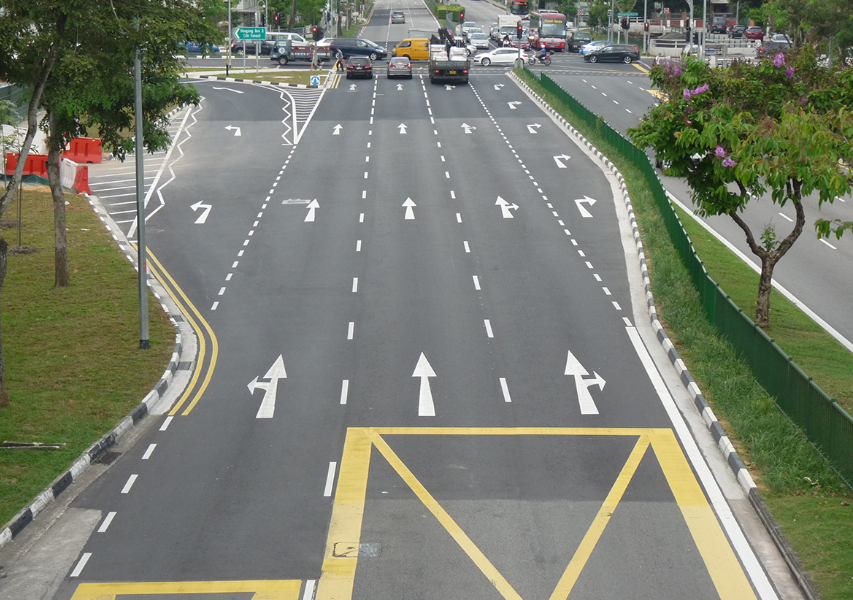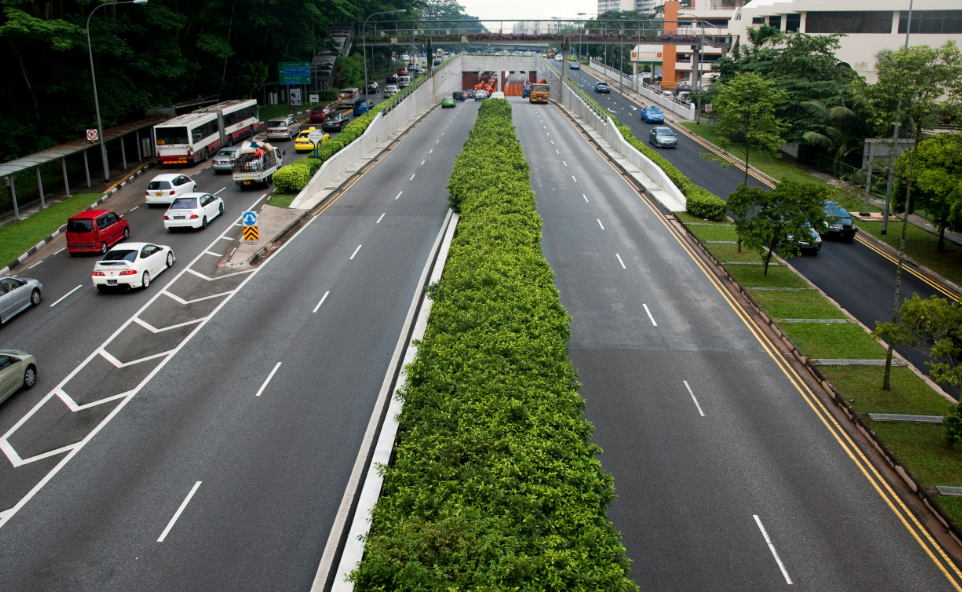Traffic management plans (TMP) are strategic documents that outline the actions to be taken to mitigate the adverse effects of temporary or permanent road closures due to construction, maintenance, or other activities.
The benefits of an effective TMP are significant. By providing a clear and concise plan of action, a TMP can help to:
-
Reduce Delays:
The reduction of traffic delays is one of the most important factors for any business trying to improve its efficiency. A well-designed TMP can help to reduce delays by ensuring that road closures are implemented in a way that minimizes their impact on the road network.
-
Minimize Impact on The Road Network:
The main aim of any TMP is to ensure that construction activities do not adversely affect other users or cause damage to other assets such as bridges or rail lines. A well-designed TMP will ensure that all parties involved are aware of their responsibilities so that they can work together effectively and efficiently. This will result in minimal disruption to other users and assets.
-
Improve Traffic Flow:
Traffic management plans can be used to manage traffic flow for an entire project (including multiple phases), or for individual phases within a larger project. They can also be used to manage traffic flow during planned events such as sporting fixtures or concerts. Traffic management plans can also be used in conjunction with other transport solutions such as public transport initiatives and car share schemes.

-
Improve Safety for Motorists and Workers:
A well-planned traffic management plan in NZ can keep motorists safe by providing information on how to avoid closed areas and what to expect when travelling through them. This includes any changes in speed limits, reduced visibility due to weather conditions or construction activities, and potential hazards such as scaffolding, heavy equipment and more.
-
Reduce Congestion and Greenhouse Gas Emissions:
By reducing congestion, transportation agencies can reduce greenhouse gas emissions by as much as 15% (US DOT).
Traffic management plans are also aligned with Smart City initiatives which focus on reducing traffic emissions through various methods such as ride-sharing, public transportation options, electric vehicles and more efficient driving habits.
In addition to reducing carbon emissions, these plans can also help create safer work zones by minimizing traffic congestion caused by construction activities.
The Bottom Line:
Effective traffic management plans can help reduce the inconvenience of construction and improve safety for motorists.

